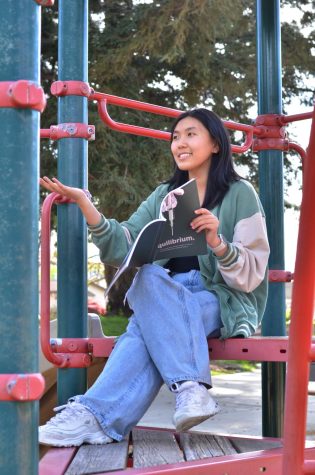Humans of Harker: Thoughtful understanding
Keshiv Tandon looks to both the real and fictional worlds to better understand himself
“Seeing others’ perspectives is something that I wish other people cared about more often, keeping an open mind in general. Especially in today’s day and age, it’s really easy to see ‘them’ and ‘us,’ and villainize other groups of people, but it’s important to keep the perspective of, ‘even though someone might be on the other side of the screen, they all are still people,'” Keshiv Tandon (12) said.
Keshiv Tandon (12) laughs as he recalls a middle school memory: after his ceaseless consumption of books, his parents instilled a rule upon him — he was banned from reading. However, he saw this rule as ridiculous and disregarded it completely. Though his parents still enforced the rule in the house and car, Keshiv instead read more books in the school’s library. To this day, he has the same passion for books and reading.
Keshiv particularly enjoys books that question morality and delve into different outlooks on life. He also finds many role models in these various stories. Recognizing that characters that were his role models back when he was young as having different traits than those he admires nowadays, he realizes how that reflects on his own change in mindset.
“The characters I admire now aren’t just focused on saving their friends in a fantasy story, they’re trying to see the bigger picture of, ‘I can save my friends, but at the cost of something else,’ and are able to think through that process,” Keshiv said.
In the book “No Longer Human” by Osamu Dazai, which particularly impacted Keshiv, Dazai details the life of Oba Yozo, the protagonist, and his struggles with alienation, abuse and self-acceptance.
“He puts a mask on and pretends that he’s like everybody else,” Keshiv said. “And we only get his perspective, so there’s always a question of, ‘How do we know that not everybody is putting that same mask on?’”
Keshiv finds solace in the knowledge that others are each going through their individual struggles, similar to the book’s protagonist.
“[No Longer Human] ironically made me more confident because of this understanding that you’re not alone, everybody might be going through the same thing,” Keshiv said.
Keshiv is also able to relate the experiences of the protagonist to his own life, using the ordeals that Yozo experienced as guidance on his own life choices.
“That’s helped me step out of my comfort zone more often, because I have nothing to lose,” Keshiv said. “The worst case scenario [is] I fail, I embarrass myself. And then that’s fine. I’ll learn from it at least. Best case scenario, I have an unforgettable experience. And I think that’s a lot more worth it.”
Keshiv applies these skills he learns from characters within the pages to those of whom he talks to in his daily life. His conversations with others have resulted in a better comprehension of others and, at times, leads to changes in his own mindset.
In Youth for Government, a political program Keshiv is a part of, he wrote a bill legalizing genetic editing for embryos with fatal diseases. At first, he believed that it would pass unanimously, seeing as how with it, many lives would be saved. However, as he debated in favor of the bill, he realized the many faults within the bill, such as problems arising regarding eugenics.
“Seeing others’ perspectives is something that I wish other people cared about more often — keeping an open mind in general,” Keshiv said. “Especially in today’s day and age, it’s really easy to see ‘them’ and ‘us,’ and villainize other groups of people, but I think that it’s important to keep the perspective of ‘even though someone might be on the other side of the screen, they all are still people.’”
Upper school biology teacher Jeff Sutton, who teaches Keshiv in two classes, noted Keshiv’s thoughtfulness.
“He’s definitely a deep thinker,” Sutton said. “He thinks tangentially — he thinks about things that are going along aside from what we’re currently talking about, which is pretty fascinating.”
Sutton reminisces on his first day meeting Keshiv, thinking of how, when asked to write a one-sentence warmup, Keshiv instead wrote a paragraph as a response. While Keshiv appears more reserved, his ideas are all the more well-developed, as he spends time fleshing out his thoughts.
“There might be a few times where he doesn’t speak, but when he does, it’s additive to the discussion,” Sutton said. “He’s pretty quiet, but then when he speaks, it’s like, ‘Whoa, you have been processing this for quite some time.’”
This quality of his, the ability to think both tangentially and abstractly, allows him to understand those around him better as well. Keshiv’s abilities to communicate with others and understand their unique points of view allows him to connect with his family as well, in particular his younger sister Shaila Tandon (9).
“Sometimes, we take our dog on a walk, just the two of us, and it’s a really great time for us to bond,” Shaila said. “We’re very open, we talk about how our day was, anything interesting, what we learned. It’s very casual, it’s nice because we can talk about some things that we can’t really talk about [normally].”
While Keshiv can be more reflective and thoughtful, his friends also enjoy his positivity and lightheartedness. Close friend Aaron Tran (12) appreciates how Keshiv presents himself as a positive person.
“I don’t think there’s any discrepancy between his inner self and what he projects outside,” Aaron said. “He’s a really happy and fun loving person, but also thoughtful at the same time. [His presence] is effortlessly enjoyable.”
Keshiv’s positivity isn’t only infectious; he believes in it wholly himself as well. Citing Kung Fu Panda’s regarding the present as a gift, he regards Master Oogway’s words as profound, despite its origins being from a kids movie. He comments on the astuteness of the turtle’s words, employing such a mentality in his day-to-day life.
“It’s better to do what you enjoy in the present and let that dictate your future,” Keshiv said. “Because at the end of the day, if you are doing what you enjoy in the present, then you’re more likely to enjoy the future.”
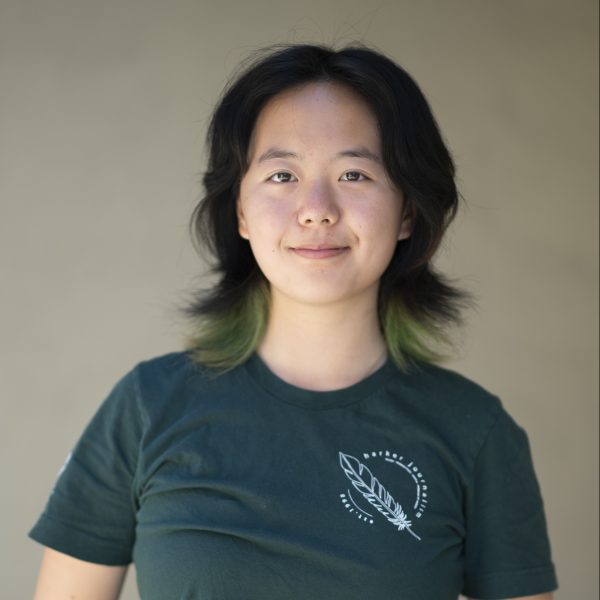
Jessica Wang (11) is the co-opinions editor for Harker Aquila and the Winged Post, and this is her third year on staff. This year, Jessica wishes to cover...
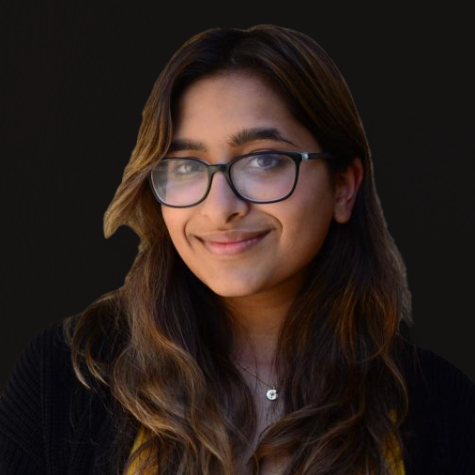
Esha Gohil (12) is the co-editor-in-chief of Humans of Harker and the photo editor of Harker Aquila. This is her fourth year on staff, and this year she...































![Setter Emma Lee (9) sets the ball to the middle during the match against Pinewood on Sept. 12. “[I’m looking forward to] getting more skilled, learning more about my position and also becoming better friends with all of my teammates, Emma said.](https://harkeraquila.com/wp-content/uploads/2023/09/DSC_4917-2-1200x795.jpg)













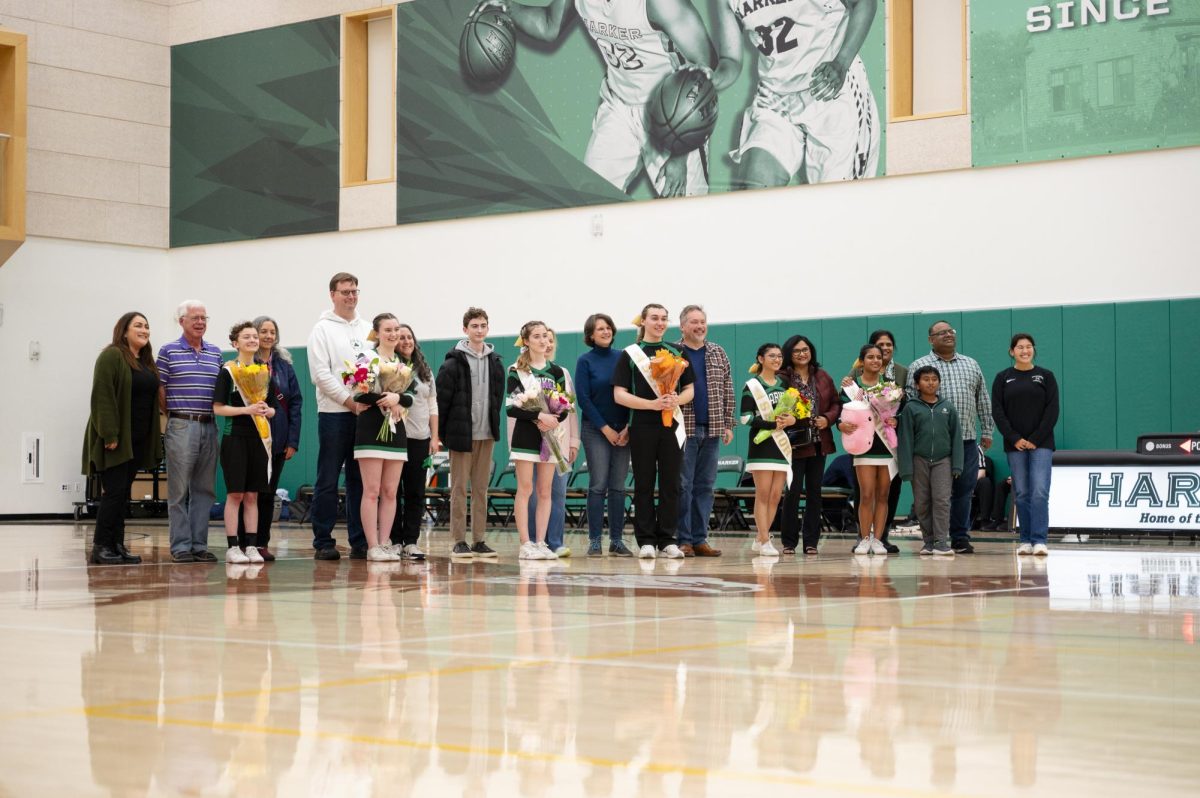


















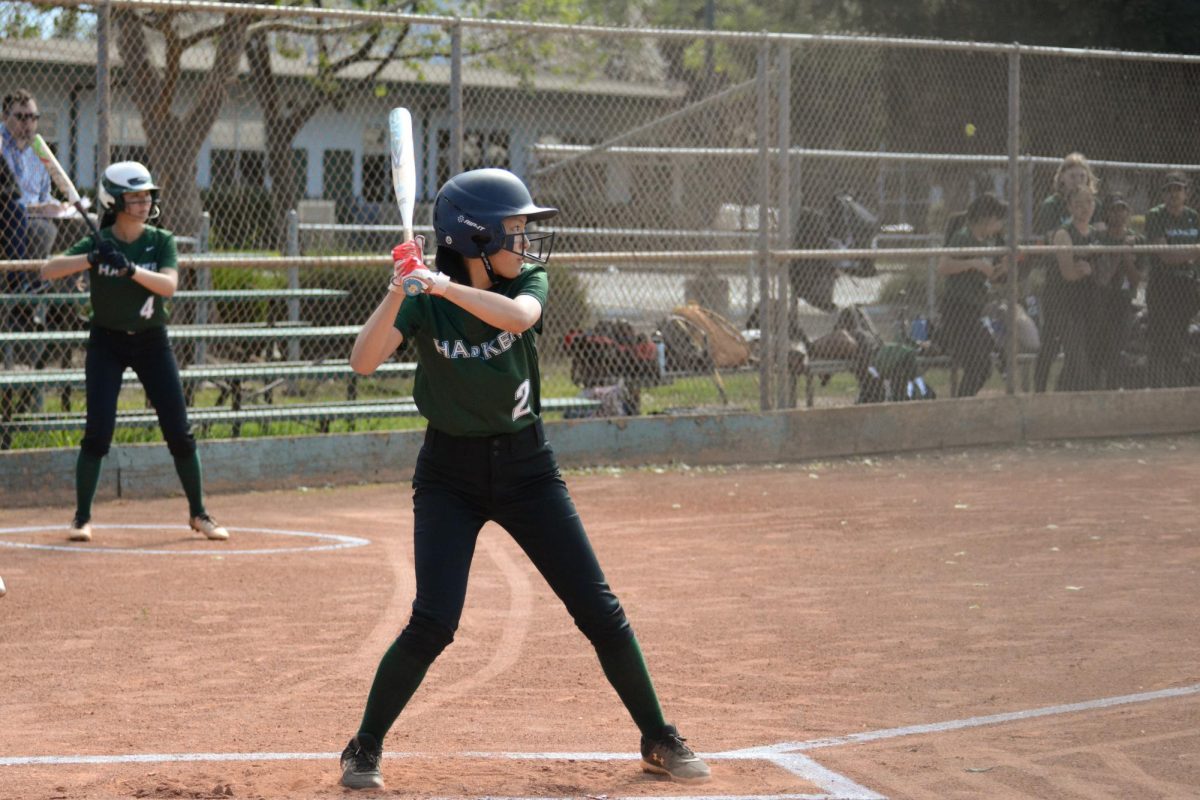

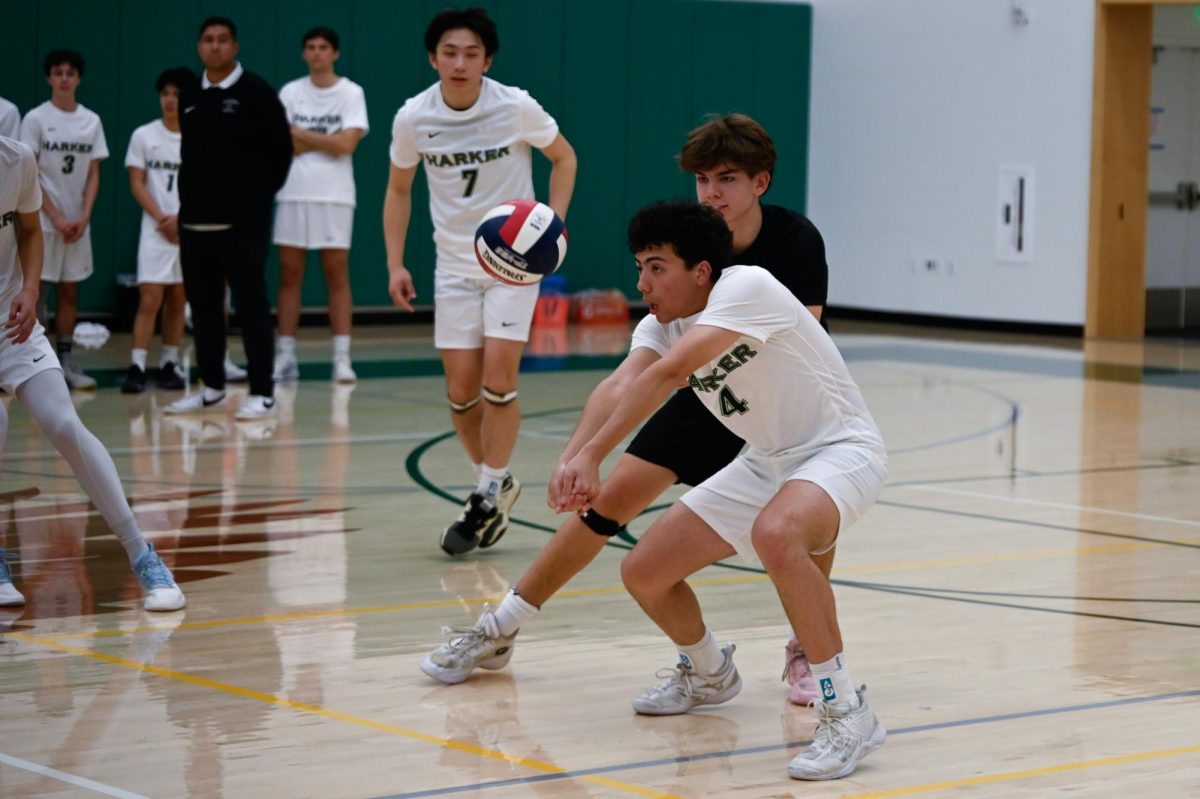




























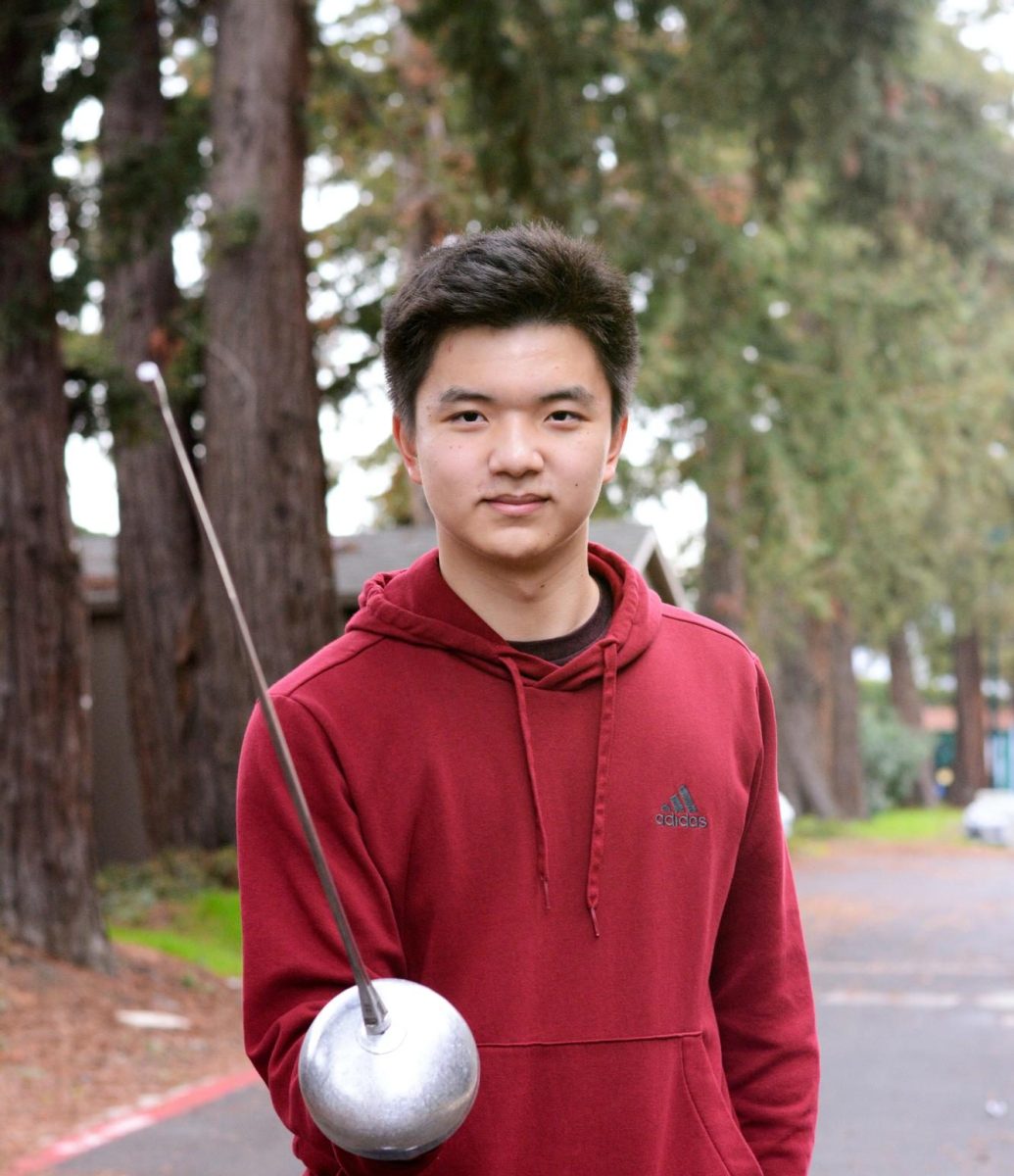
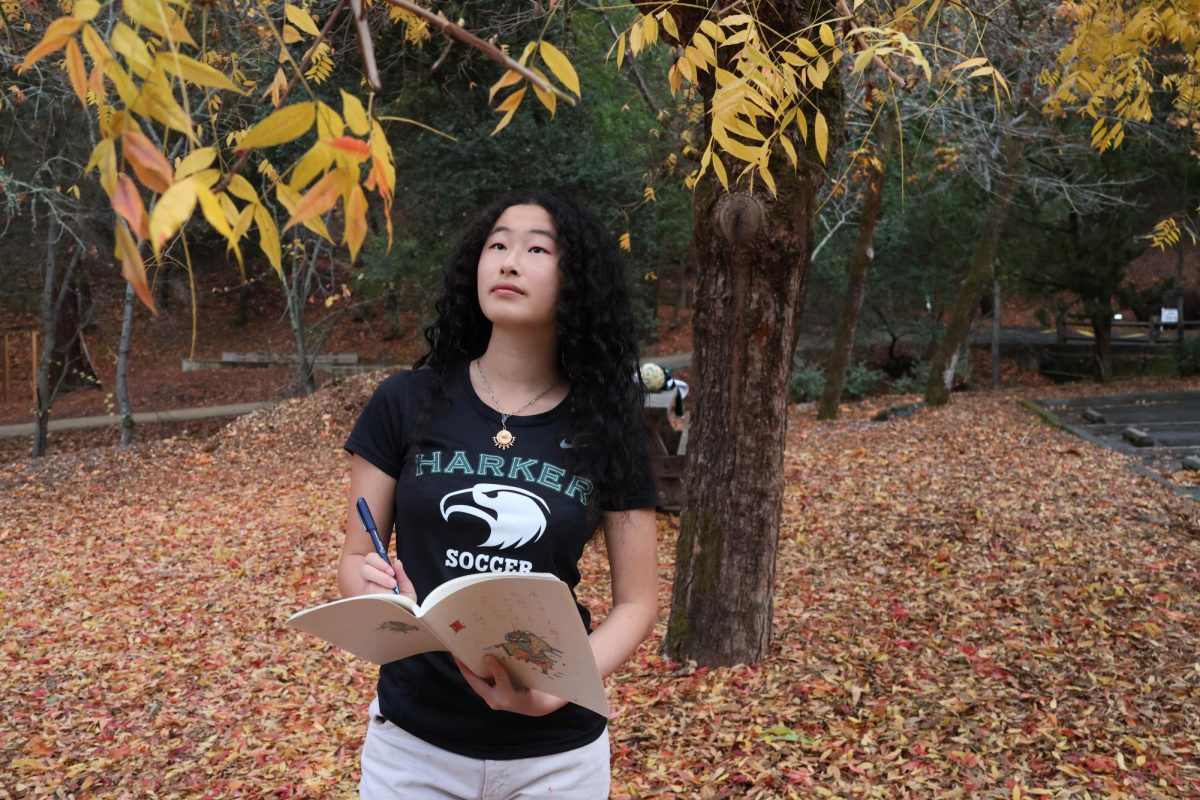
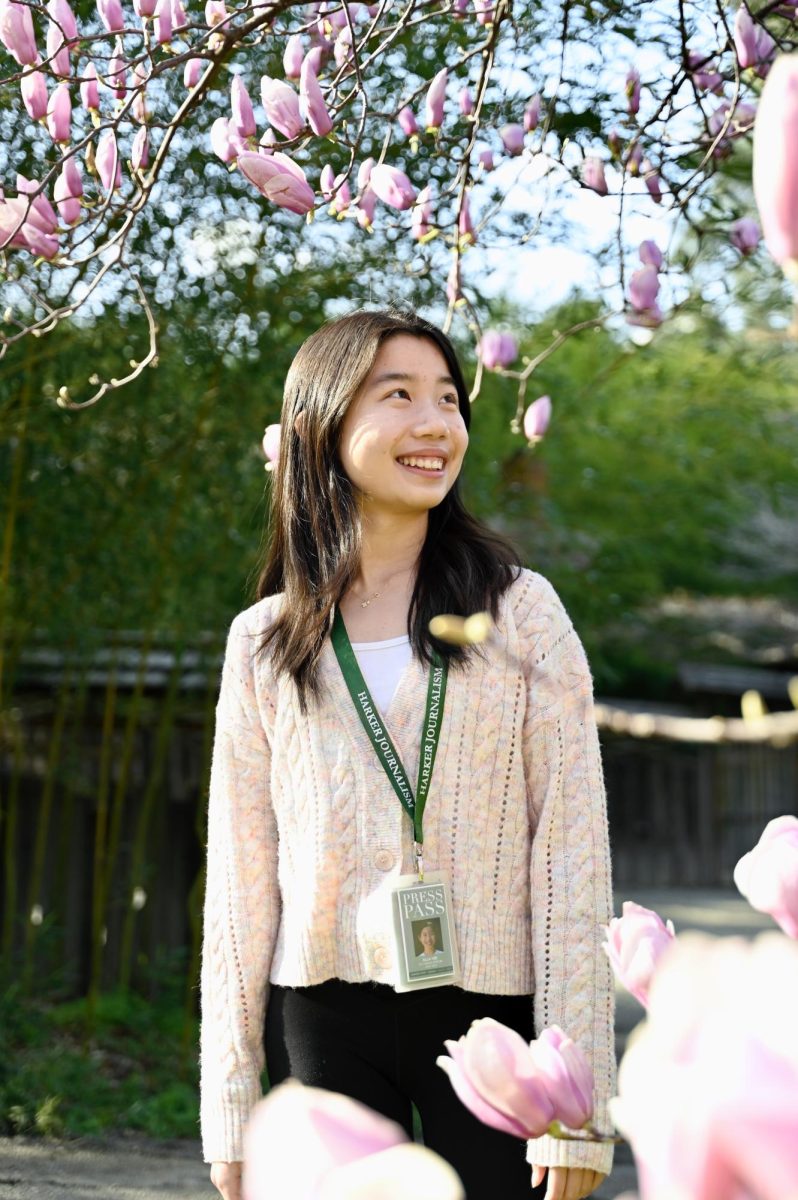

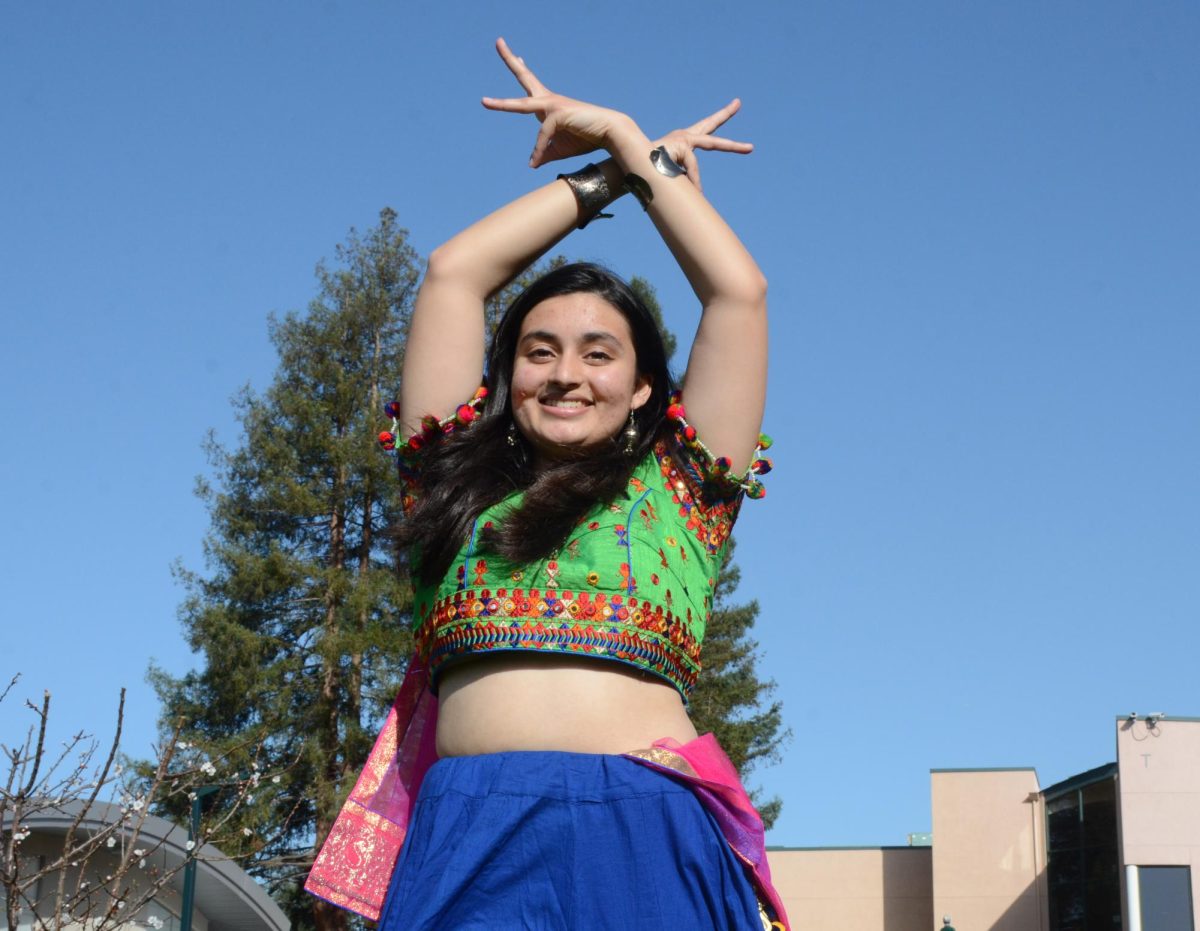
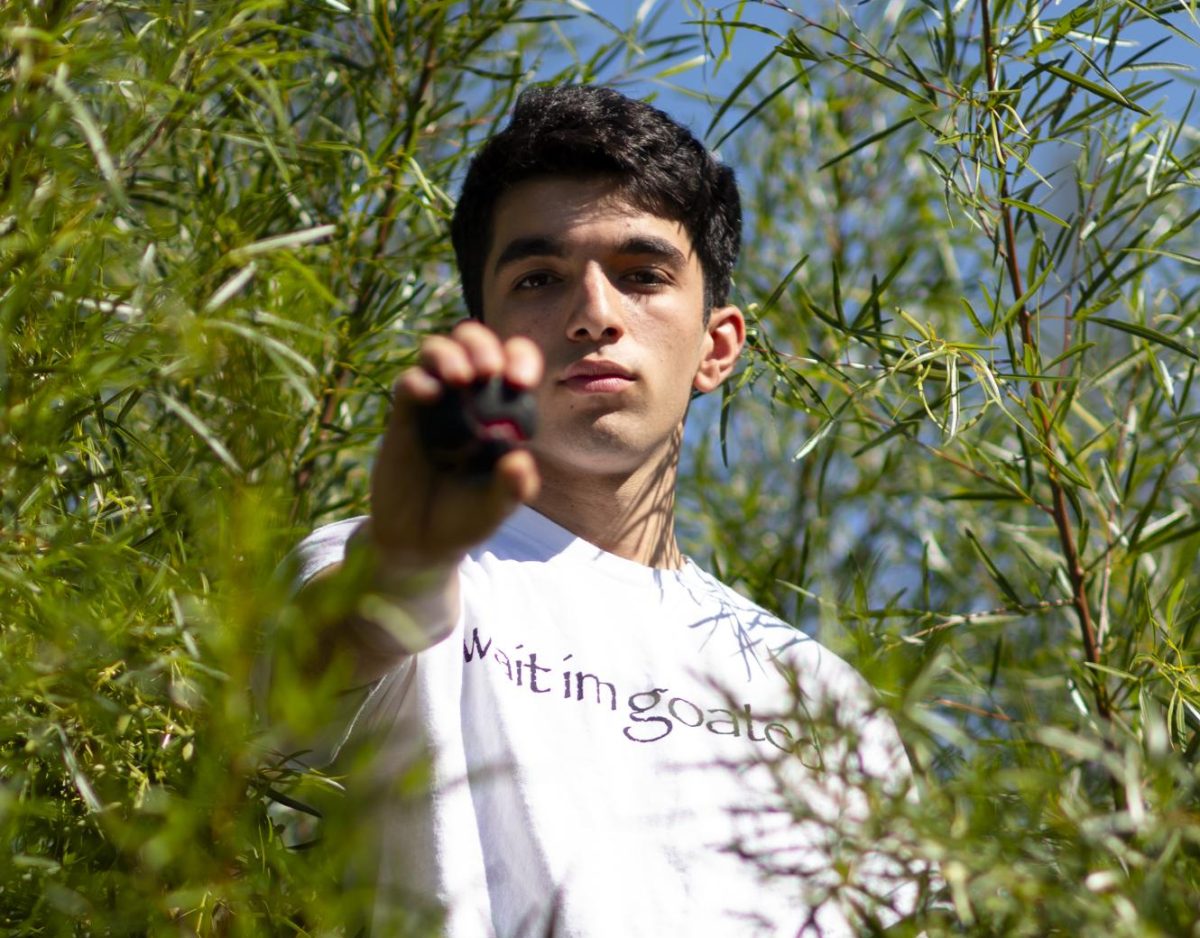








![“[Building nerf blasters] became this outlet of creativity for me that hasnt been matched by anything else. The process [of] making a build complete to your desire is such a painstakingly difficult process, but Ive had to learn from [the skills needed from] soldering to proper painting. Theres so many different options for everything, if you think about it, it exists. The best part is [that] if it doesnt exist, you can build it yourself, Ishaan Parate said.](https://harkeraquila.com/wp-content/uploads/2022/08/DSC_8149-900x604.jpg)


![“Animation just clicked in a way. I had been interested in art, but that felt different. [Animation] felt like it had something behind it, whereas previous things felt surface level. I wasnt making that crazy of things, but just the process of doing it was much more enjoyable, Carter Chadwick (22) said.](https://harkeraquila.com/wp-content/uploads/2022/08/Screen-Shot-2022-08-16-at-9.44.08-AM-900x598.png)


![“When I came into high school, I was ready to be a follower. But DECA was a game changer for me. It helped me overcome my fear of public speaking, and its played such a major role in who Ive become today. To be able to successfully lead a chapter of 150 students, an officer team and be one of the upperclassmen I once really admired is something Im [really] proud of,” Anvitha Tummala (21) said.](https://harkeraquila.com/wp-content/uploads/2021/07/Screen-Shot-2021-07-25-at-9.50.05-AM-900x594.png)



![“[Volleyball has] taught me how to fall correctly, and another thing it taught is that you don’t have to be the best at something to be good at it. If you just hit the ball in a smart way, then it still scores points and you’re good at it. You could be a background player and still make a much bigger impact on the team than you would think,” Anya Gert (’20) said.](https://harkeraquila.com/wp-content/uploads/2020/06/AnnaGert_JinTuan_HoHPhotoEdited-600x900.jpeg)

![“Im not nearly there yet, but [my confidence has] definitely been getting better since I was pretty shy and timid coming into Harker my freshman year. I know that theres a lot of people that are really confident in what they do, and I really admire them. Everyones so driven and that has really pushed me to kind of try to find my own place in high school and be more confident,” Alyssa Huang (’20) said.](https://harkeraquila.com/wp-content/uploads/2020/06/AlyssaHuang_EmilyChen_HoHPhoto-900x749.jpeg)













![“My slogan is ‘slow feet, don’t eat, and I’m hungry.’ You need to run fast to get where you are–you arent going to get those championships if you arent fast,” Angel Cervantes (12) said. “I want to do well in school on my tests and in track and win championships for my team. I live by that, [and] I can do that anywhere: in the classroom or on the field.”](https://harkeraquila.com/wp-content/uploads/2018/06/DSC5146-900x601.jpg)

![“I think getting up in the morning and having a sense of purpose [is exciting]. I think without a certain amount of drive, life is kind of obsolete and mundane, and I think having that every single day is what makes each day unique and kind of makes life exciting,” Neymika Jain (12) said.](https://harkeraquila.com/wp-content/uploads/2017/06/Screen-Shot-2017-06-03-at-4.54.16-PM.png)





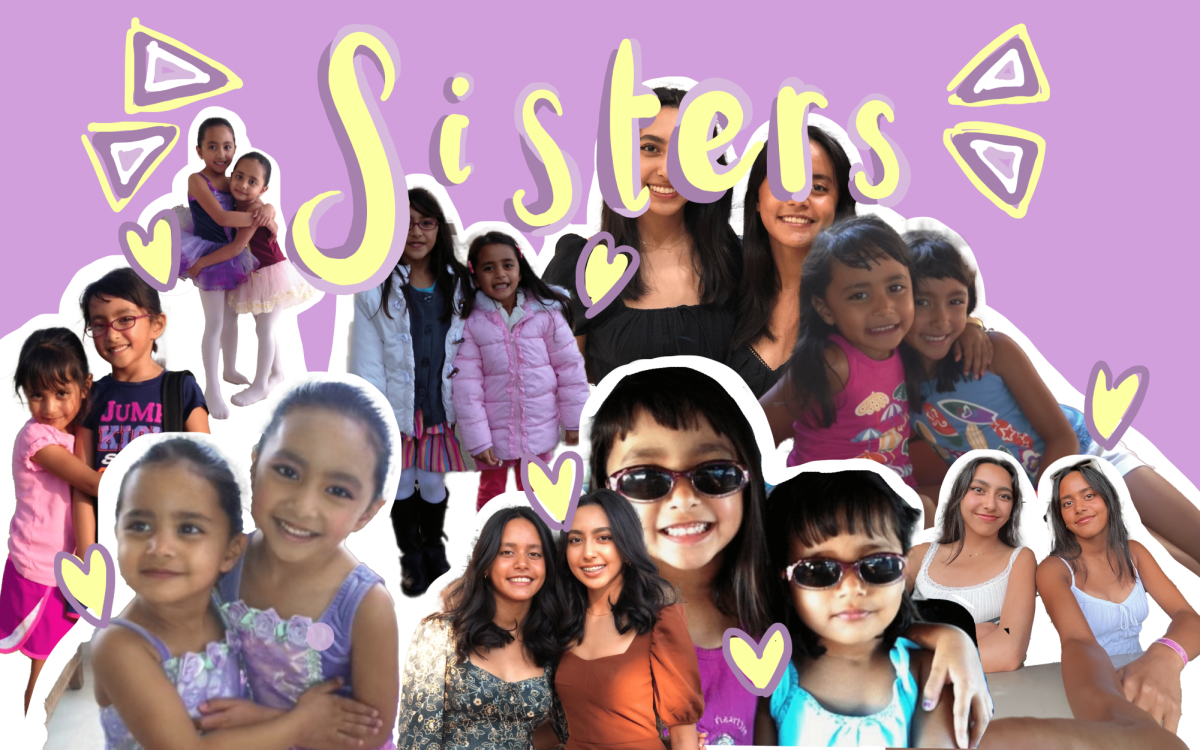
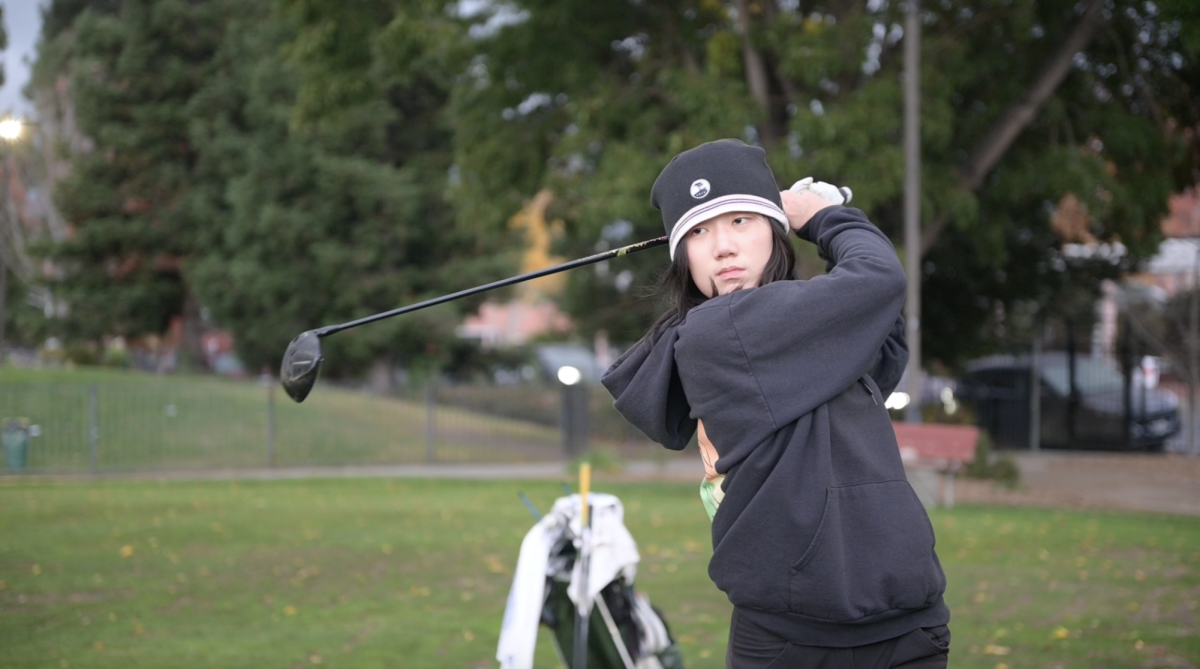
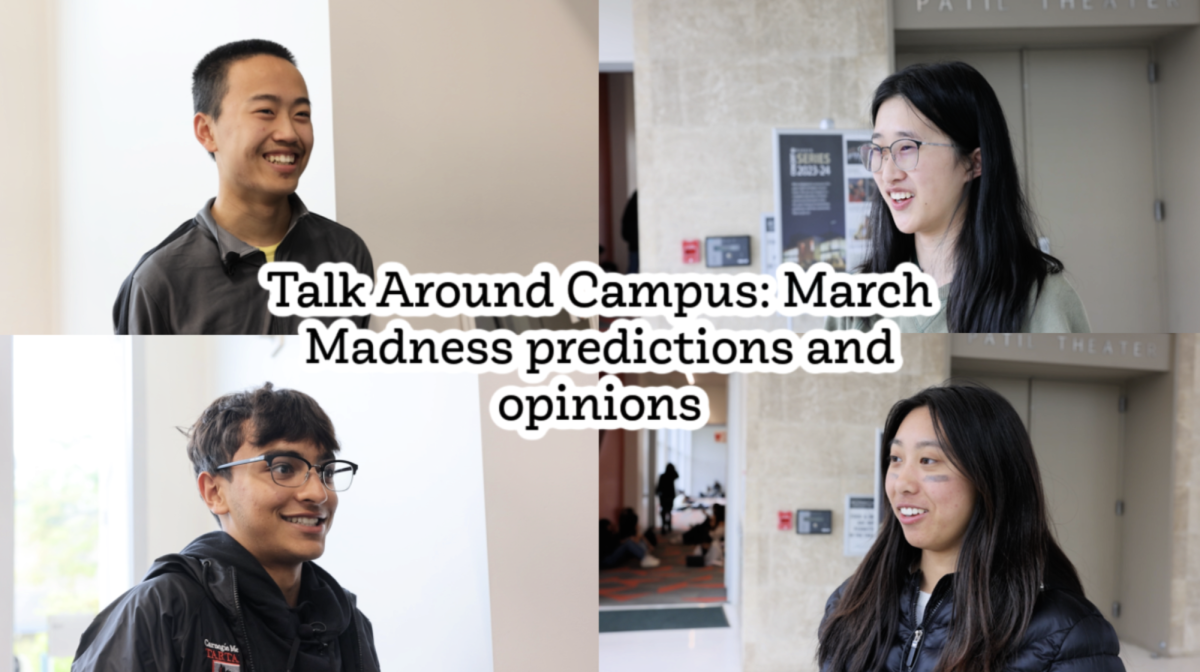
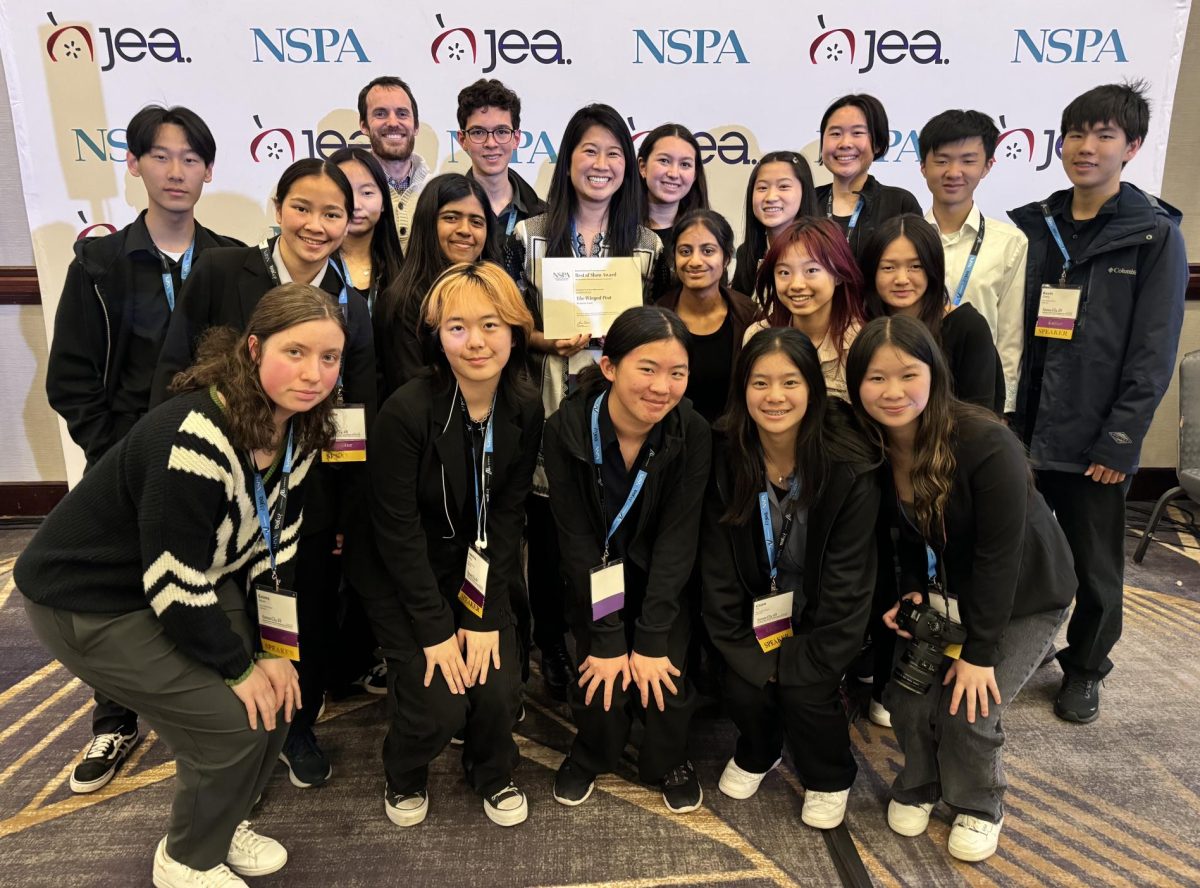


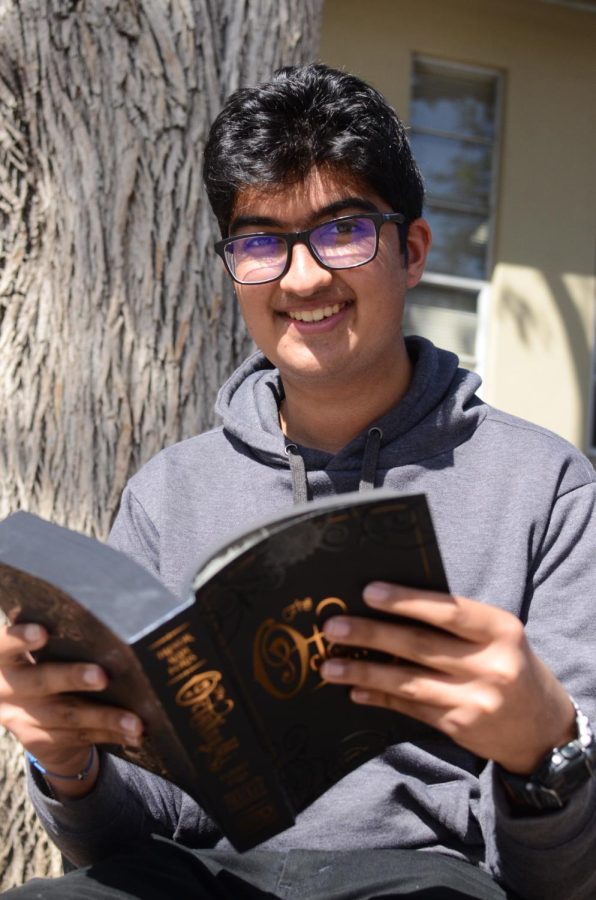
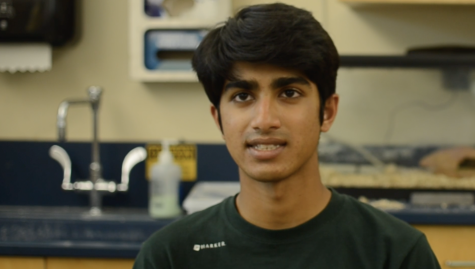
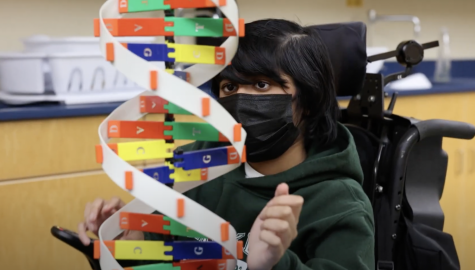
![“[Building nerf blasters] became this outlet of creativity for me that hasnt been matched by anything else. The process [of] making a build complete to your desire is such a painstakingly difficult process, but Ive had to learn from [the skills needed from] soldering to proper painting. Theres so many different options for everything, if you think about it, it exists. The best part is [that] if it doesnt exist, you can build it yourself, Ishaan Parate said.](https://harkeraquila.com/wp-content/uploads/2022/08/DSC_8149-475x319.jpg)
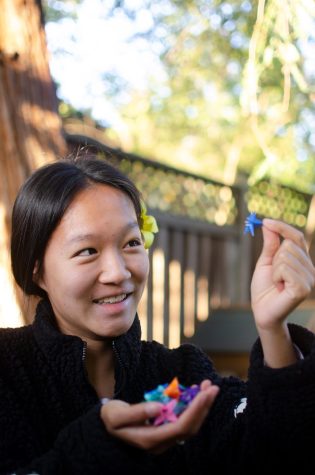
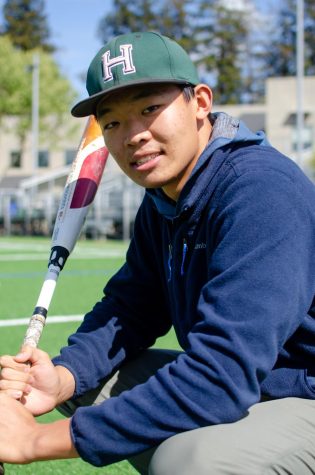
![“Animation just clicked in a way. I had been interested in art, but that felt different. [Animation] felt like it had something behind it, whereas previous things felt surface level. I wasnt making that crazy of things, but just the process of doing it was much more enjoyable, Carter Chadwick (22) said.](https://harkeraquila.com/wp-content/uploads/2022/08/Screen-Shot-2022-08-16-at-9.44.08-AM-475x316.png)
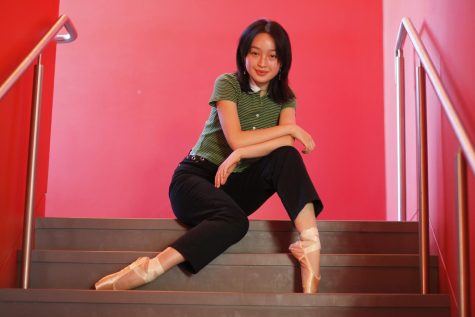
![My favorite thing is being able to immerse yourself in [dance]. Its one thing where you can really see improvement if you put in the practice, and if you dont put in the practice you wont improve. The ability to sync into repetition and go into the same counts over and over again to see some improvement is really captivating, and always draws me back to it, Zeel Thakkar (22) said.](https://harkeraquila.com/wp-content/uploads/2022/08/DSC_8147-475x315.jpg)
![“It’s the mind bending things that I’m really passionate about, the things where youre like, ‘I have no idea why this happens, but I want to figure that out.’ It’s a genuine, ‘I don’t get it, but I want to.’ Or perhaps it’s [that] I don’t want to never understand it. I don’t want to have a topic that I dont understand and never understand it, Spencer Cha (22) said.](https://harkeraquila.com/wp-content/uploads/2022/08/spencerchahoh_ireneyuan-475x317.jpg)
